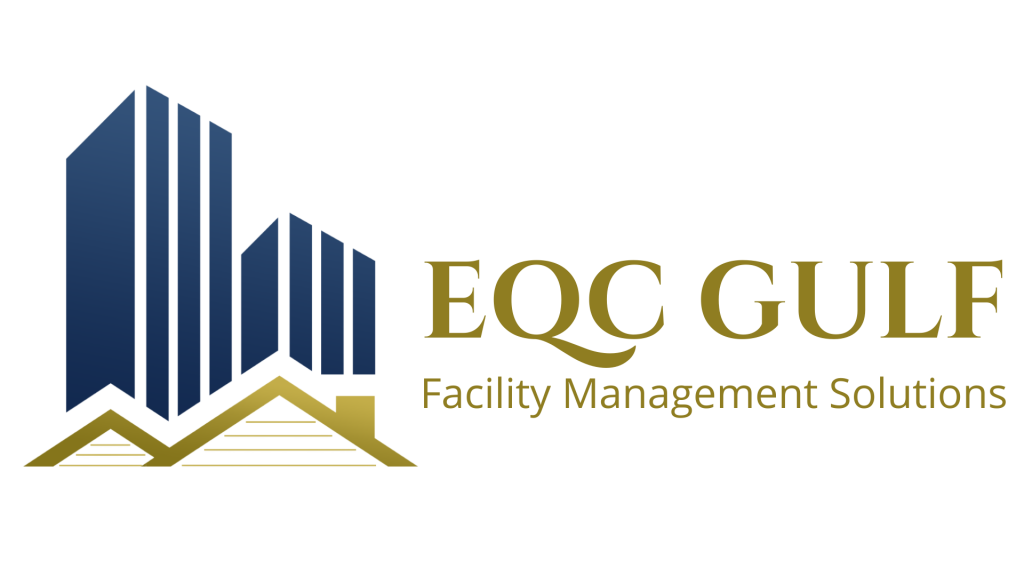Sustainable Investing: The Rise of ESG Principles in Investment Decisions

The investment industry has undergone a profound transformation, with an increasing number of investors shifting their focus towards sustainability. This paradigm shift is fueled by the rise of Environmental, Social, and Governance (ESG) principles, which have become integral factors in shaping investment decisions. As the world grapples with pressing global challenges, from climate change to social inequality, sustainable investing is emerging as not just a trend but a powerful force for positive change.
Understanding ESG:
ESG stands for Environmental, Social, and Governance, representing a set of criteria that investors consider when making investment decisions.
- Environmental Criteria (E): This encompasses a company’s impact on the environment. Investors evaluate a firm’s carbon footprint, energy efficiency, and commitment to sustainable practices. As climate change takes center stage on the global agenda, companies with environmentally responsible practices are gaining favor among investors.
- Social Criteria (S): Social factors consider a company’s relationships with its employees, suppliers, customers, and the communities in which it operates. Issues such as labor practices, diversity and inclusion, and community engagement are crucial components of social criteria. Investors are increasingly recognizing the value of companies that prioritize social responsibility.
- Governance Criteria (G): Governance refers to the internal policies, leadership structure, and overall corporate governance of a company. Transparent and ethical business practices, board diversity, and effective leadership are vital aspects of governance criteria. Investors are keen on companies that uphold high governance standards, as these often correlate with long-term success.
The Business Case for Sustainable Investing:
The rise of ESG principles in investment decisions is not merely driven by a desire to “do good”; it is grounded in a solid business case. Companies that prioritize sustainability are often better equipped to manage risks, capitalize on opportunities, and foster long-term growth.
- Risk Mitigation: By considering ESG factors, investors can identify potential risks that may not be evident in traditional financial analyses. Companies with robust ESG practices are better positioned to navigate regulatory changes, reputational risks, and other external challenges.
- Innovation and Competitive Advantage: Sustainability often goes hand in hand with innovation. Companies that invest in environmentally friendly technologies or social initiatives may gain a competitive edge, attracting consumers and investors alike.
- Long-Term Performance: Numerous studies have shown a positive correlation between strong ESG performance and long-term financial performance. Companies that prioritize sustainability are perceived as more resilient, fostering investor confidence and loyalty.
The Global Impact:
The adoption of ESG principles is not limited to a specific region or industry. Across the globe, institutional investors, asset managers, and individual investors are incorporating these criteria into their decision-making processes. This global movement is reshaping the corporate landscape, prompting companies to reevaluate their practices and align with sustainable principles.

Challenges and Opportunities:
While the rise of ESG is promising, it is not without its challenges. Measurement and standardization of ESG criteria, as well as the potential for “greenwashing” (superficial or deceptive environmental claims), remain areas of concern. However, these challenges present opportunities for innovation and improvement within the sustainable investing space.
Related article:Tax-Efficient Investment Strategies for High Net Worth Individuals
Sustainable investing, driven by the principles of ESG, is undeniably reshaping the investment landscape. It is not just a trend; it is a fundamental shift towards a more responsible and conscientious approach to capital allocation. As investors increasingly recognize the interconnectedness of environmental, social, and governance factors with financial performance, the rise of sustainable investing is not only welcomed but essential for a more sustainable and equitable future. Investors and companies alike are called upon to embrace this evolution, recognizing that profits and principles can coexist for the benefit of all stakeholders.

